|
Most skin cancers are caused by too much exposure to ultraviolet (UV) rays. UV rays come from the sun, tanning beds, and sunlamps. UV rays can damage skin cells.
To lower your risk of getting skin cancer, you can protect your skin from UV rays from the sun, and avoid artificial sources of UV exposure like tanning beds and sunlamps. Protection from UV rays is important all year, not just during the summer. UV rays can reach you on cloudy and cool days, and they reflect off of surfaces like water, cement, sand, and snow. In the continental United States, UV rays are strongest from 10 a.m. to 4 p.m. daylight saving time (9 a.m. to 3 p.m. standard time). The UV Index forecasts the strength of UV rays each day. If the UV index is 3 or higher in your area, protect your skin from too much exposure to the sun. CDC recommends several ways to protect your skin when the UV index is 3 or higher:
For this and additional information, please visit www.cdc.gov/skin-cancer/index.html Mental Health Awareness Month was established in 1949 to increase awareness of the importance of mental health and wellness in Americans’ lives and to celebrate recovery from mental illness. For more than 20 years, the Substance Abuse and Mental Health Services Administration (SAMHSA) has recognized Mental Health Awareness Month (MHAM) every May to increase awareness about the vital role mental health plays in our overall health and well-being and provide resources and information to support individuals and communities who may need mental health support.
For this and additional information, please visit www.samhsa.gov |
Archives
April 2024
Categories |
Proudly powered by Weebly
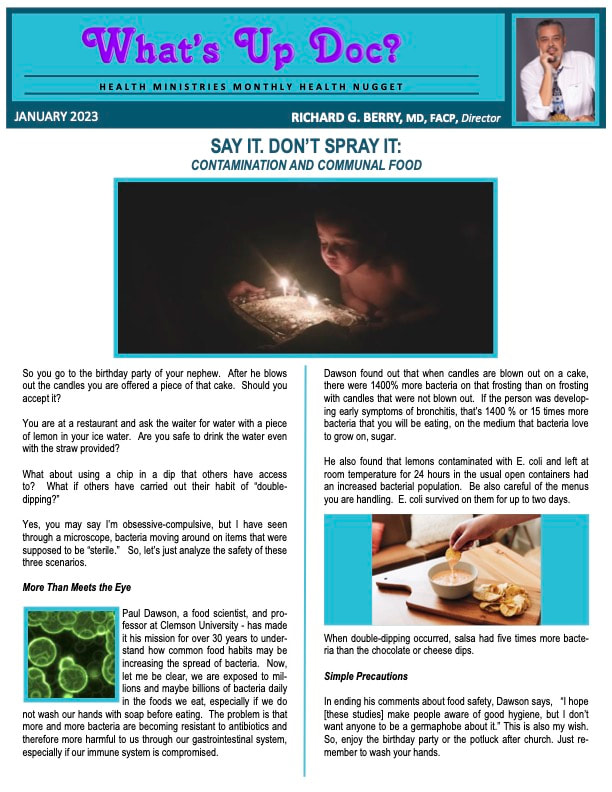
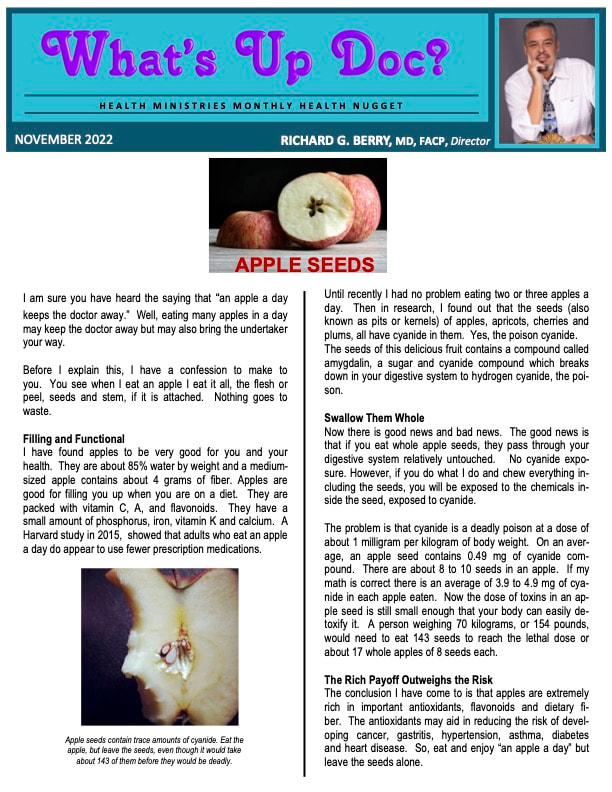
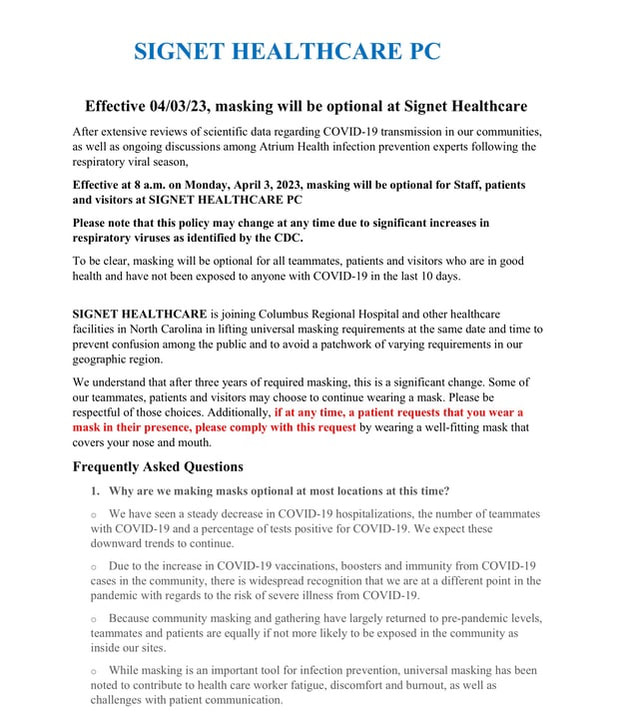
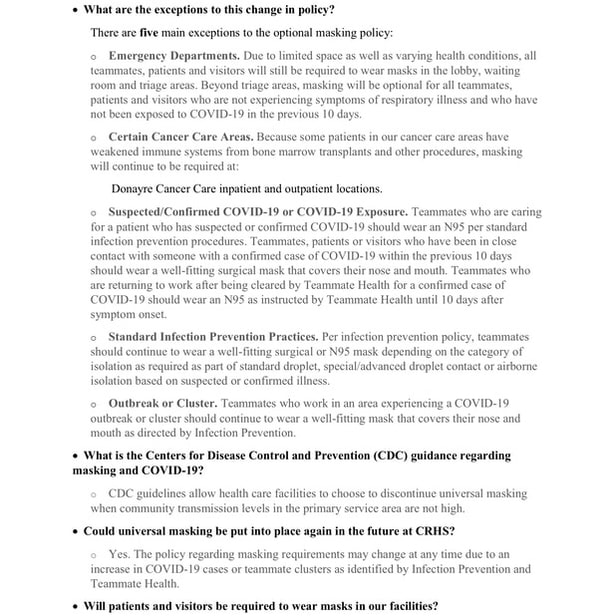
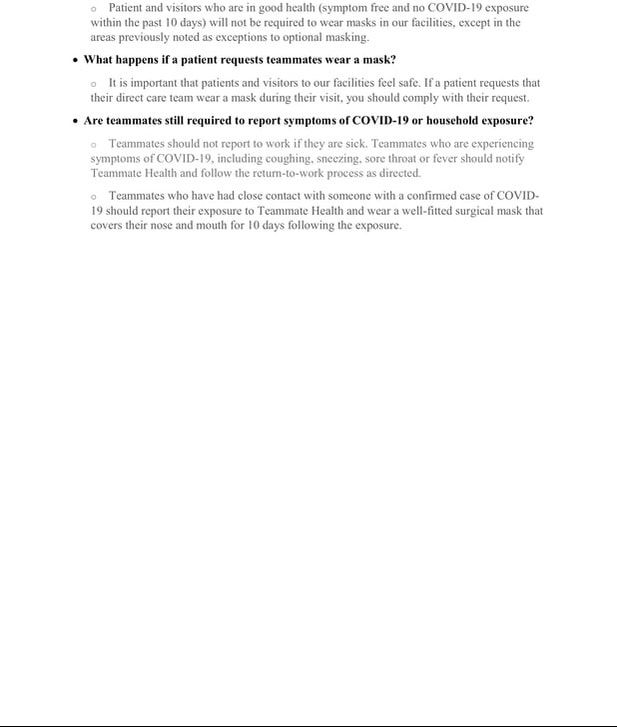
 RSS Feed
RSS Feed